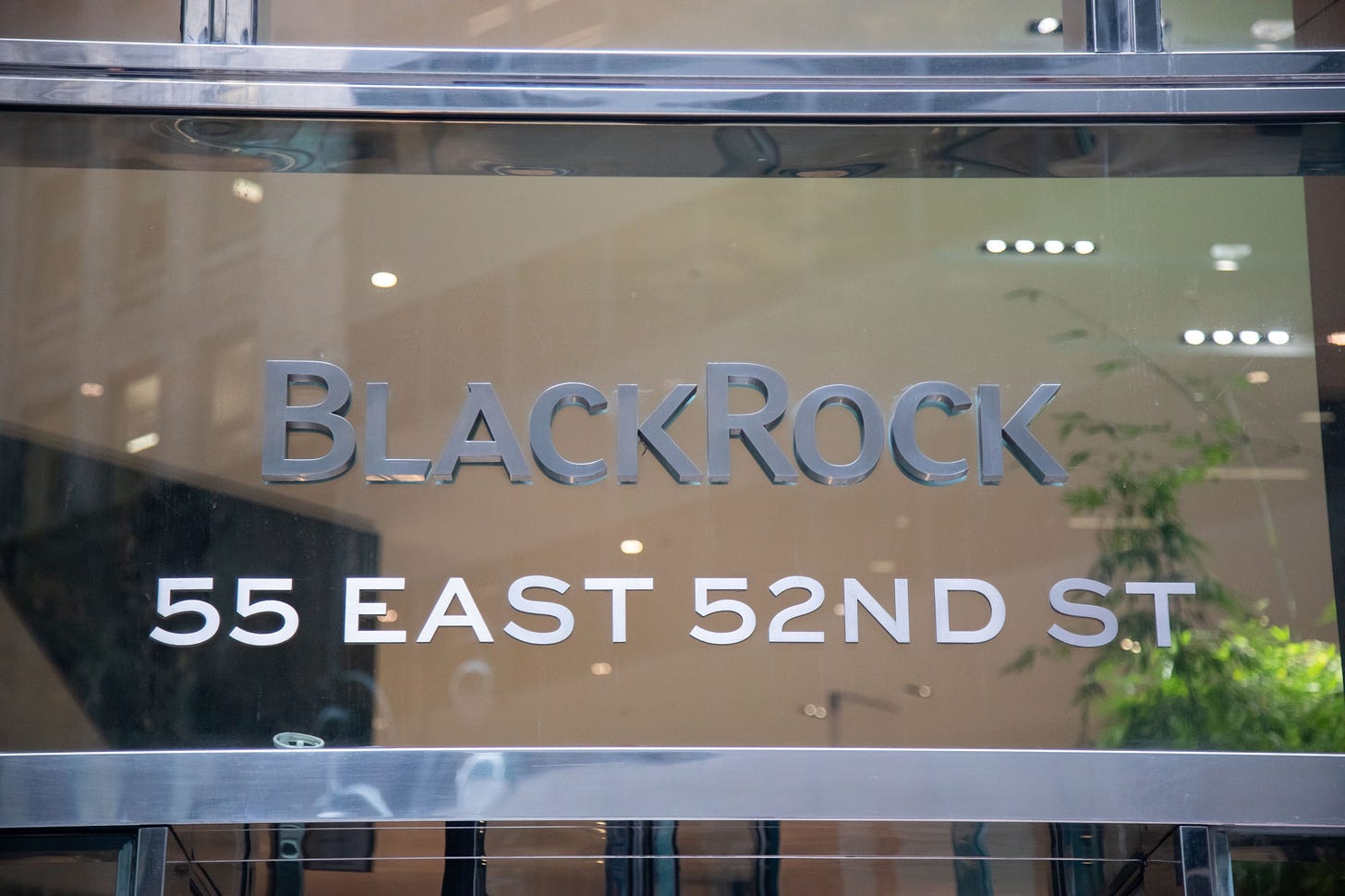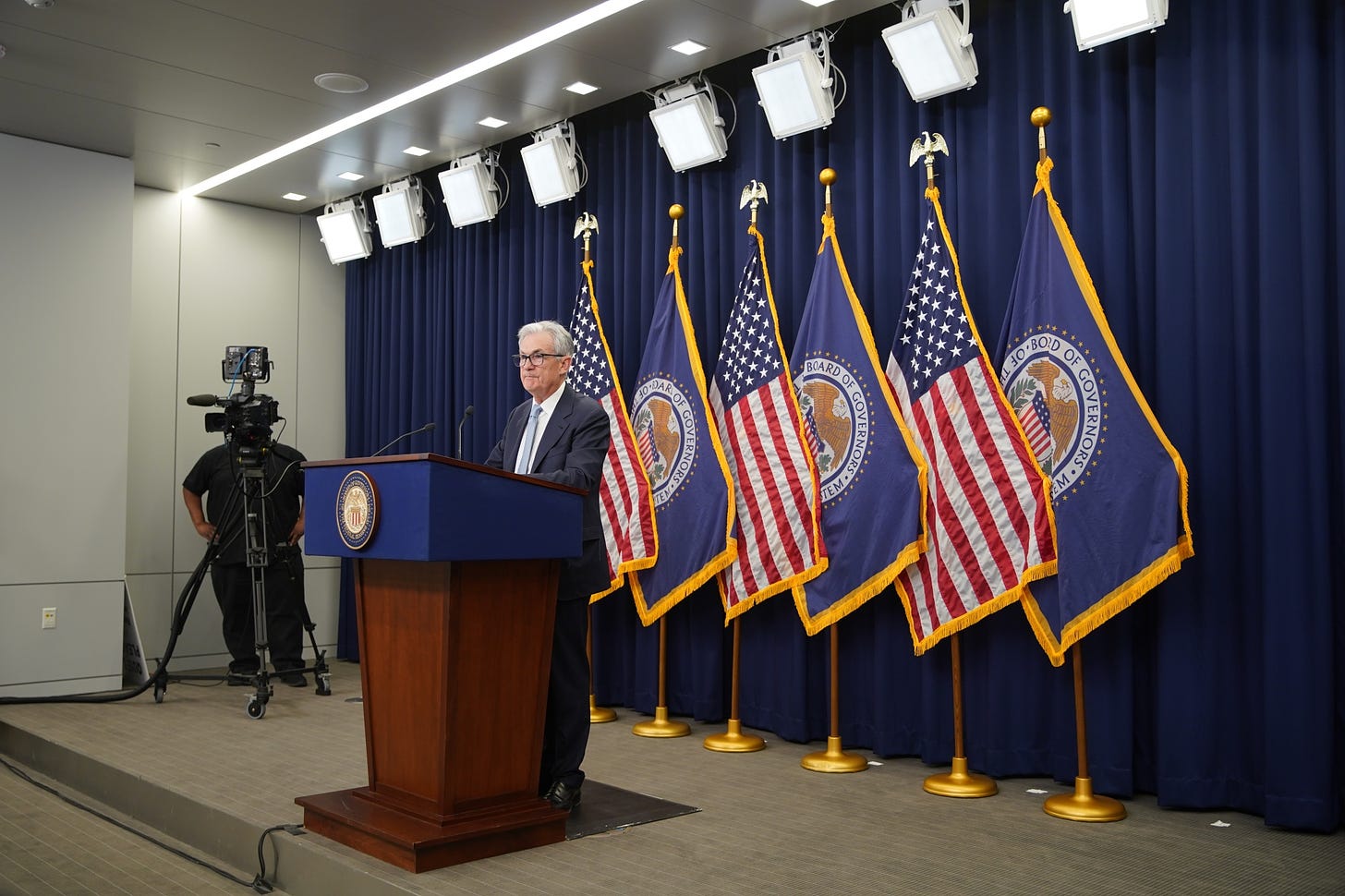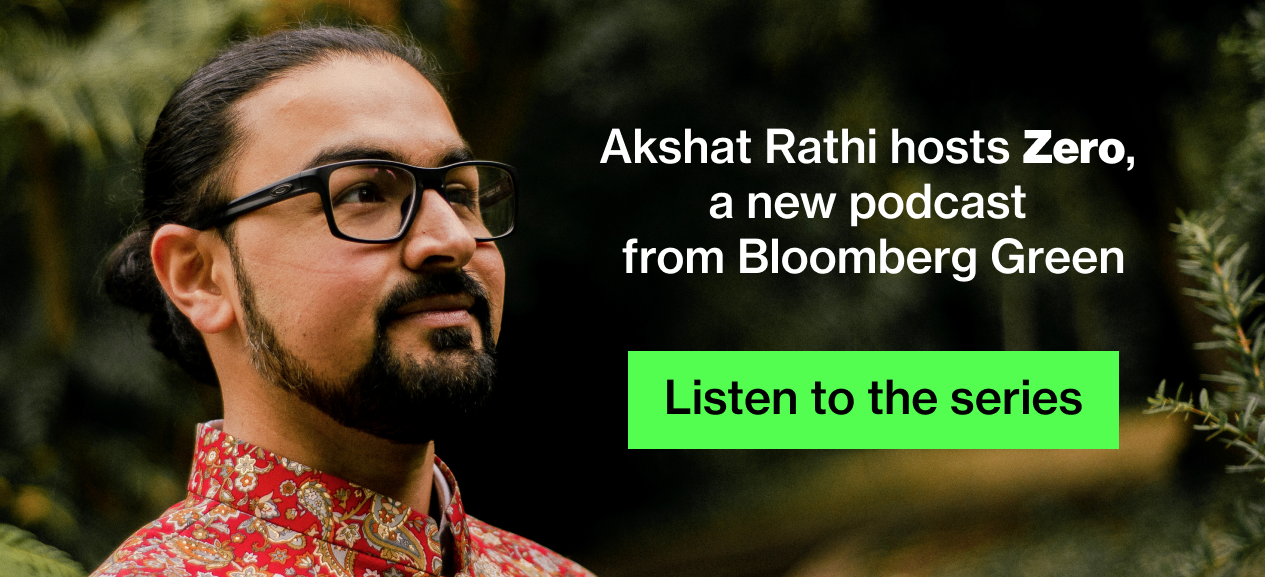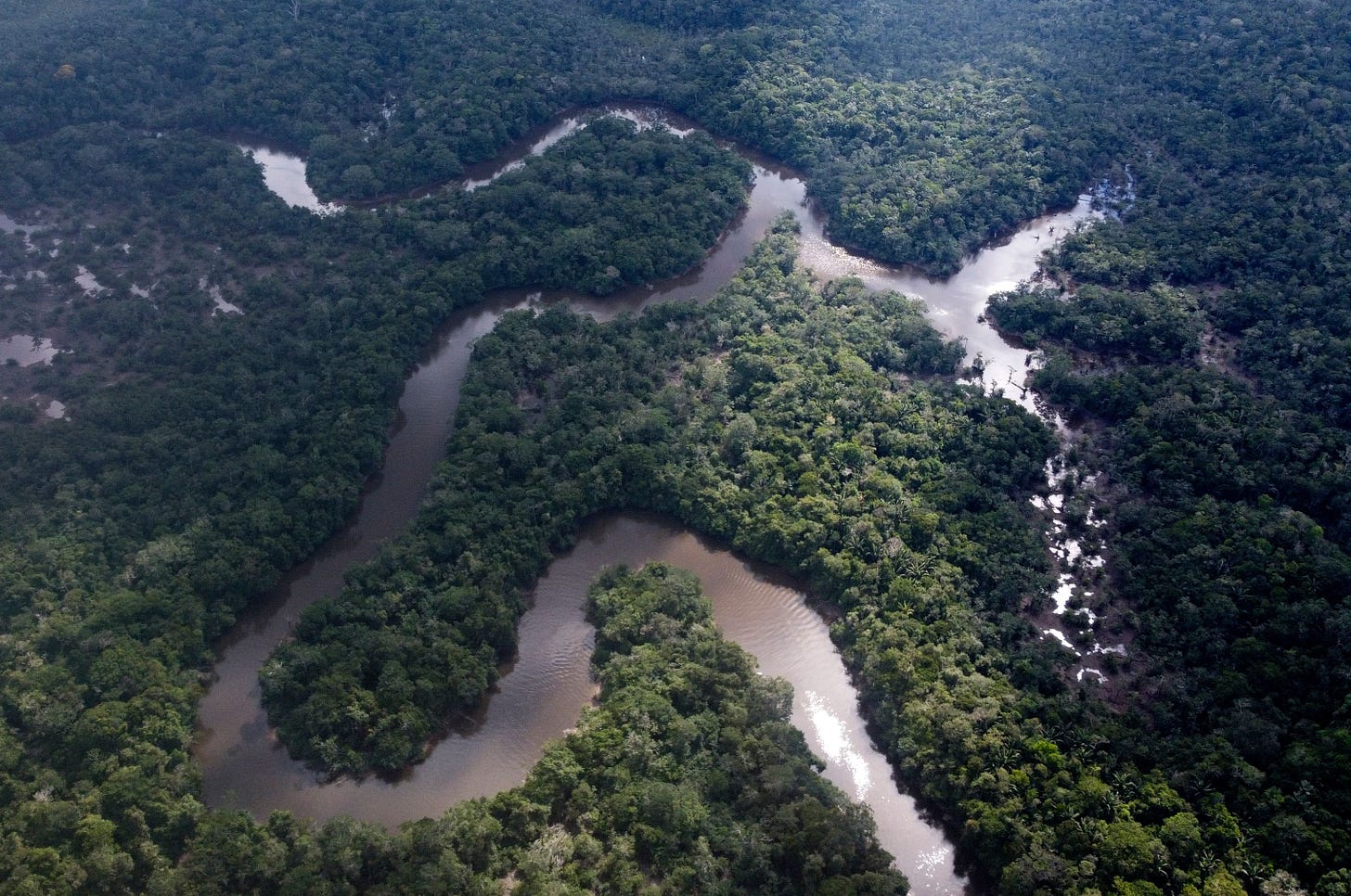By Tim Quinson
ESG market may be in for some rough sledding
Read and share this story on Bloomberg.com.
“If BlackRock Inc.’s largest ESG-labeled exchange-traded fund is a bellwether for the sustainable investing industry, it’s fair to say the US sector may be in for a bumpy ride.”
The assets of the iShares ESG Aware MSCI USA ETF (ticker ESGU) have dropped to $13.8 billion from a high of $25 billion as recently as a year ago. The slump occurred as shareholders pulled money from the ETF, but also as its investment performance trailed benchmark indexes, including the S&P 500, over the past two years.
Photographer: Michael Nagle/Bloomberg
A recent $4 billion withdrawal from ESGU shows “the concentration risk” that exists in this sector, said Shaheen Contractor, senior ESG strategist at Bloomberg Intelligence. Last year, roughly 22% of the net new investments in environmental, social and governance-focused ETFs went to just 10 funds, and most of the inflows were large one-off allocations from institutional investors, she said.
It’s possible these same investors might suddenly decide to reduce their stakes. The outsized impact such outflows can have raises questions about the industry’s prospects for long-term growth, Contractor said.
On the latest episode of Getting Warmer, Kal Penn explores how retrofitting buildings to reduce their carbon footprint could eliminate a large amount of emissions. Stream online from Bloomberg Originals on Apple TV, Roku, Samsung TV, Fire TV or Android TV.
BlackRock has declined to discuss the $4 billion outflow from ESGU, and it’s unclear who withdrew the funds. However, industry analysts said they suspect the trade involved a so-called model portfolio shift. On the same trading day that billions of dollars moved out of ESGU, a similar amount of cash poured into BlackRock’s iShares MSCI USA Quality Factor ETF (QUAL), which isn’t an ESG-focused fund.
In a statement, BlackRock did say the firm actively manages its “models to capture opportunities in the market. Some ETFs included in BlackRock model portfolios experience inflows or outflows, driven by advisers who trade their clients’ portfolios in line with BlackRock’s models.”
While it’s possible the outflow from ESGU isn’t linked to overhanging concerns about the future of ESG investing, “the effects of concentration risk are clear,” Contractor said.
Jerome Powell, chairman of the US Federal Reserve, during a news conference in Washington on March 22. Photographer: Al Drago/Bloomberg
The global assets of ESG ETFs are currently at about $471 billion, down from $486 billion as recently as January, according to Bloomberg Intelligence. More recently, investors pulled almost $4.4 billion in the week ended March 17 and another $142 million in the week ended Friday, data compiled by Bloomberg show.
Many ESG funds have been trailing market benchmarks since the US Federal Reserve started increasing interest rates last March, prompting equity investors to favor “value” stocks like oil and gas producers over “growth” stocks such as technology companies.
Eric Balchunas, senior ETF analyst at Bloomberg Intelligence, contends Fed Chairman Jerome Powell “has done more to damage ESG than Florida Governor Ron DeSantis could ever dream of,” adding that “the political stuff is secondary to what’s happened to rates and the simple fact is many funds are currently underperforming.”
This week on Zero, Bloomberg Green reporter Akshat Rathi visits Form Energy, a startup building a battery that can replace a coal plant. Listen to the episode and learn how hand warmer packets inspired the technology. Subscribe now on Apple, Spotify, or Google to get new episodes every Thursday.
It’s not only ESGU that’s trailing the broader market. The $5.9 billion Vanguard ESG US Stock ETF (ESGV) has declined 13% during the past two years, compared with the 4.7% advance of the S&P 500 in the same period.
This year, the average ESG-focused fund in the US rose 1.2% as of Friday, lagging behind the S&P 500’s 3.8% advance and the 3.6% return of the Russell 1000 in the same period, according to Bloomberg data.
Balchunas says ESG metrics are here to stay because active managers are always going to take the strategy’s considerations into account when deciding what to buy and sell. For example, investing in clean technologies clearly makes sense, he said.
Still, Balchunas says that unless performance improves soon, “we are going to find out who are the true believers in ESG.”
Like getting the Green Daily? Subscribe to Bloomberg.com for unlimited access to breaking news on climate and energy, data-driven reporting and graphics and Bloomberg Green magazine. Read and share this story on Bloomberg.com.
Sustainable finance in brief
Fund managers offering strategies that target biodiversity have expanded their asset base by 15% in two months, as the industry builds a new ESG market despite an absence of standardized data. The growth follows a 150% surge in the number of funds offering such strategies last year, according to Morningstar Direct. By far the majority of the funds are actively managed and domiciled in Europe, where early-stage regulations targeting biodiversity are most advanced. Axa Investment Managers and Lombard Odier Investment Managers were among the first to get a foothold in the market, and remain among the top three.
Photographer: Pedro Pardo/AFP
The £1.2 trillion ($1.5 billion) asset manager Legal & General Investment Management said every asset class is likely to be affected by the climate crisis, with speed of transition rather than cost becoming the key issue. L&G has found it would actually cost a “statistically insignificant amount” to limit the increase in global temperatures to less than 2C.
Banks and financial firms are recalibrating how they talk about ESG investing in US states depending on which party is in control, given the Republican politicization of the $8.4 trillion market.
A coalition of investors, including Pictet Group and Schroders Plc, are calling on companies to move beyond simply setting long-term net-zero commitments to detailing how they plan to deliver on their pledges.
Calling all Tesla owners
If you own a Model 3, Model Y, Model S or Model X, we invite you to participate in our brief survey. Share your observations on everything Elon Musk got right and wrong.
Under review
31,000About this many funds are about to have their ESG scores lowered at MSCI Inc., as the firm’s ratings unit works through a major overhaul of its methodology.
Disappointing news
"The concept of offsetting itself should be abandoned."Gilles Dufrasne
Global carbon markets lead at Carbon Market Watch
Dufrasne says the irreconcilable logic of emissions compensation has left him jaded and newly released standards aimed at rebuilding trust in the offsets market haven't made him feel much better.
More from Green
Australia passed a key piece of climate legislation targeting its biggest polluters in a bid to meet a goal to drastically cut emissions by the end of this decade. More than 200 facilities will need to reduce their pollution by 4.9% a year by 2030 from July 1 after Prime Minister Anthony Albanese’s Labor government secured the support of the left-wing Australian Greens party and independent senators. Read more here.
Photographer: Bloomberg Creative Photos/Bloomberg Creative Collection
The UK has a new low-carbon strategy. Newly unveiled plans on Thursday include the expansion of a home energy efficiency program, steps to speed up the planning process for renewable power developments and further details on carbon capture and storage support.
EU gets closer to finalizing its green plan. Negotiators reached a deal on scaling up renewable energy this decade, adding provisions that allow the nuclear sector to play a role in producing the hydrogen needed to decarbonize heavy industry.












